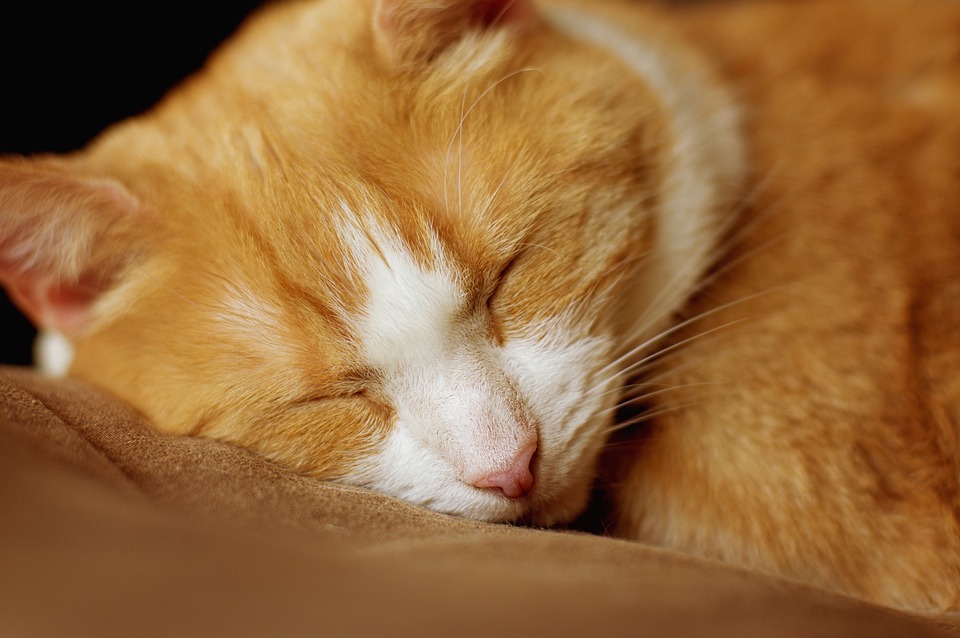Cats, just like humans, may require special diets to address various health conditions and dietary restrictions. In this article, we will explore the importance of special diets for cats and provide insights into catering to specific health conditions and dietary restrictions.
A well-balanced diet plays a crucial role in maintaining optimal health for our feline friends. Proper nutrition is essential for their overall well-being, as it aids in the prevention of diseases, supports their immune system, and promotes healthy growth and development. Special diets can be particularly beneficial for cats with health conditions, as they can help manage these conditions and improve their quality of life.
There are several common health conditions that may require special diets for cats. One of the most prevalent issues is obesity, which can lead to various health problems such as diabetes and joint issues. Obesity management diets focus on portion control and calorie management, helping cats achieve and maintain a healthy weight.
Urinary tract issues are also common in cats, particularly in male cats. Special diets for urinary tract health focus on maintaining proper pH balance and hydration, reducing the risk of urinary crystals and blockages.
Food allergies and sensitivities can cause digestive issues and skin problems in cats. Identifying common food allergies and implementing hypoallergenic diets can help manage these conditions and alleviate symptoms.
Diabetes is a rising concern in cats, and blood sugar management diets can play a crucial role in managing this condition. Low-carbohydrate diets help regulate blood sugar levels and reduce the need for insulin.
When catering to specific health conditions, it is important to consult with a veterinarian or veterinary nutritionist. These professionals can provide valuable guidance in formulating a specialized diet tailored to the cat’s specific needs. They can also collaborate with experts to address complex health conditions and ensure the diet provides all the necessary nutrients.
Choosing the right commercial specialized diet is also crucial. Understanding the ingredients and nutritional content labels is important to ensure the diet meets the cat’s specific requirements. Considering the brand’s reputation and quality standards can further help in making an informed decision.
Some cat owners may opt for homemade diets, but it is important to weigh the pros and cons. Homemade diets can be beneficial as they allow for complete control over the ingredients, but they require careful planning and supplementation to ensure all nutritional needs are met. Raw diets are another option, but they come with potential risks such as bacterial contamination and unbalanced nutrient profiles. It is important to thoroughly research and consult with professionals before implementing homemade or raw diets.
Dietary restrictions also play a significant role in a cat’s nutrition. Vegetarian and vegan diets for cats are a controversial topic, as cats are obligate carnivores and have specific nutritional requirements that can be challenging to meet with plant-based diets. Proper supplementation and monitoring are crucial if choosing this path.
Grain-free and gluten-free diets have gained popularity in recent years. While some cats may have specific grain or gluten allergies, it is important to understand the rationale behind these diets and weigh the potential risks and benefits.
Limited ingredient diets are designed for cats with sensitivities, focusing on a few high-quality protein sources and avoiding common allergens. These diets can help alleviate symptoms and improve overall health.
In conclusion, catering to specific health conditions and dietary restrictions is crucial for ensuring the well-being of our feline companions. By understanding the importance of special diets, consulting with professionals, and making informed choices, we can provide our cats with the nutrition they need to thrive. Remember, a healthy cat is a happy cat!








